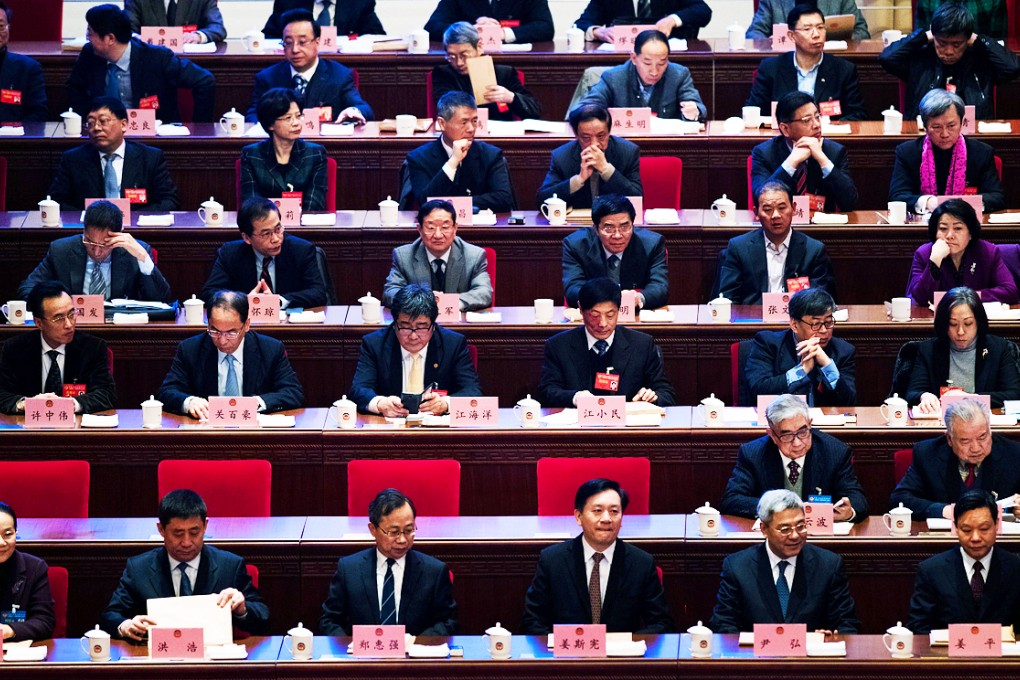China's history of feudalism feeds corruption and undermines law, editor says
Deputy chief at Communist Party mouthpiece says major graft cases point to odious tradition

An article penned by a deputy editor of Communist Party mouthpiece People's Daily blames a "feudal tradition" for breeding corruption and undermining the implementation of "rule of law".
Citing the graft cases of four senior officials, the online commentary by Xie Guoming said the downfalls underscored the "odious feudal tradition that political power can supersede law". Those fallen officials were former security tsar Zhou Yongkang, former Central Military Commission vice-chairman Xu Caihou, former United Front Department chief Ling Jihua and former Chinese People's Political Consultative Conference vice-chairman Su Rong.
The online commentary was published by the People's Tribune, a magazine affiliated with People's Daily .
Xie's commentary echoes many historians' view that China - with its long history of feudal rule by emperors - lacks a tradition that respects the rule of law.
He wrote that in China, "party leaders' oral instructions are superior to their written instructions, and their written instructions are superior to party and government documents, and party and government documents are superior to the law and regulations".
The National People's Congress Standing Committee could flagrantly change laws passed by the congress even though doing so violated law-making procedures, Xie wrote. "If even the legislature can take the lead in [violating laws] and making reckless changes to the laws, then how about the other judicial and law-enforcement bodies?"
At the fourth party plenum in November, the party leadership pledged to promote rule by law in China and said all party and government organs should abide by the constitution and law.